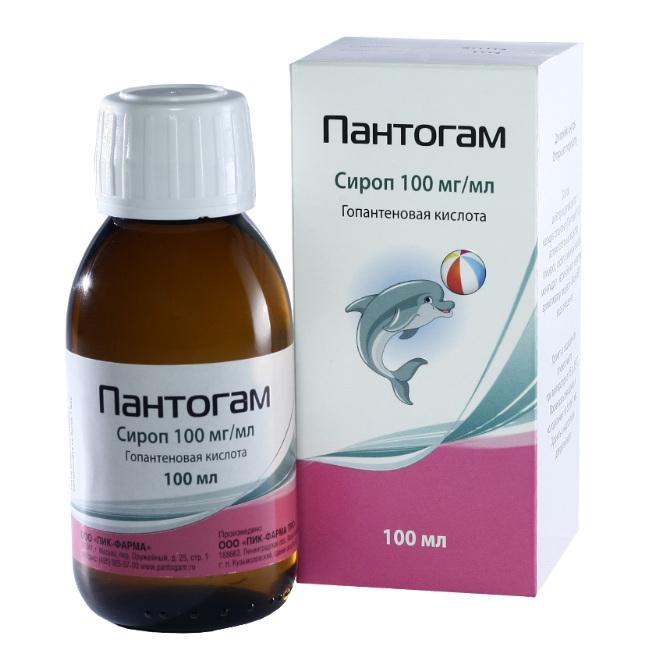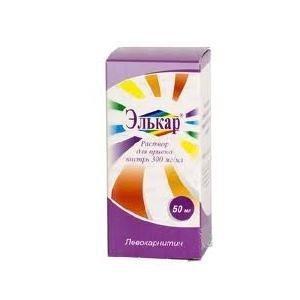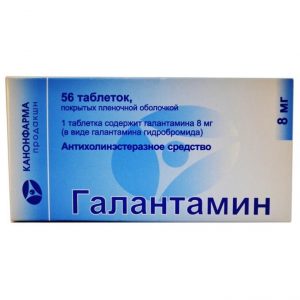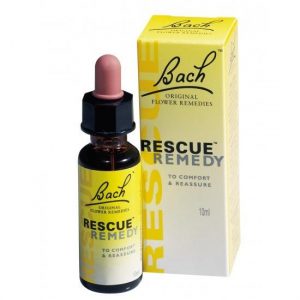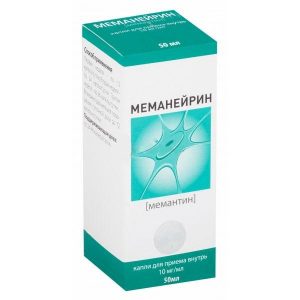Description
Release form
Syrup
Packing
Bottle 100 ml.
Pharmacological action
The spectrum of action of Pantogam ® is associated with the presence of gamma-aminobutyric acid (GABA) in its structure. The mechanism of action is due to the direct effect of the drug on the GABAA-receptor-channel complex.
Has a nootropic and anticonvulsant effect. Increases brain resistance to hypoxia and the effects of toxic substances, stimulates anabolic processes in neurons, combines moderate sedative effect with a mild stimulating effect, reduces motor excitability, activates mental and physical performance.
Improves the metabolism of GABA in chronic alcohol intoxication and after discontinuation of ethanol.
Able to inhibit acetylation reactions involved in the inactivation of procaine (novocaine) and sulfonamides, due to which the prolongation of the action of the latter is achieved. Causes inhibition of pathologically increased cystic reflex and detrusor tone.
Pharmacokinetics
Pantogam ® is rapidly absorbed from the gastrointestinal tract, passes through the BBB, and the highest concentrations are created in the liver, kidneys, stomach wall and skin. It is not metabolized and excreted unchanged within 48 hours: 67.5% of the dose taken is excreted in the urine, 28.5% – with feces.
Indications of
cognitive impairment in organic brain lesions (including consequences of neuroinfections and head injury) and neurotic disorders
schizophrenia with cerebral organic insufficiency
cerebrovascular insufficiency caused by atherosclerotic cerebrovascular disease Huntington, hepatolenticular degeneration, Parkinson’s disease, etc.)
treatment and prevention of extrapyramidal syndrome (hyperkinetically and akinetic) neuroleptics caused by
neuroleptics with mental retardation in combination therapy with anticonvulsants
psychoemotional overload
decreased mental and physical performance, to improve concentration and memory
neurogenic disorders of urination (pollakiuria, imperative urination).
in children with perinatal encephalopathy
mental retardation of varying severity in children
developmental delay (mental, speech, motor or a combination of them) in children
various forms of cerebral palsy
hyperkinetic disorders (attention deficit hyperactivity disorder in children) (when stuttering, mainly in clonic form, ticks) in children.
Contraindications
hypersensitivity
acute severe kidney disease
pregnancy (I trimester – syrup)
pregnancy (tablets)
phenylketonuria (syrup, contains aspartame)
period of breastfeeding (tablets).
children’s age up to 3 years (tablets).
Special instructions
Information on the possible effect of the drug on the ability to drive vehicles and mechanisms.
In the early days of admission, care should be taken when driving vehicles and machinery, considering the possible occurrence of drowsiness
Ingredients
Active ingredient:
calcium hopantenate – 10 g
Excipients:
glycerol,
sorbate sodium,
sodium sorbate, food sorblit ,
aspartame,
essence aromatic food Separated,
purified water
Dosage and administration of
Adults: single dose – 2.5-10 ml (0.25-1 g), daily – 15-30 ml (1.5-3 g) for children: single dose – 2.5 5 ml (0.250.5 g), daily – 7.530 ml (0.753 g). The course of treatment is 14 months, sometimes up to 6 months. After 3-6 months, a second course of treatment is possible.
For children, depending on the age and pathology of the nervous system, the following dose range is recommended: for children of the first year – 510 ml (0.51 g) per day, up to 3 years – 512.5 ml (0.5 1.25 g) per day, for children from 3 to 7 years old – 7.515 ml (0.751.5 g), over 7 years old – 1020 ml (12 g). The tactics of treatment include increasing the dose within 7-12 days, taking the maximum dose for 15-40 days or more with a gradual decrease in dose until withdrawal within 7-8 days. The course of treatment is 3090 days (for certain diseases up to 6 months or more).
In schizophrenia in combination with psychotropic drugs – from 5 to 30 ml (0.53 g) per day. The course of therapy is from 1 to 3 months.
With epilepsy in combination with anticonvulsants – in a dose of 7, 5 to 10 ml (0.751 g) per day. The course of therapy is up to 1 year or more.
With a neuroleptic syndrome accompanied by extrapyramidal disorders, the daily dose is up to 30 ml (up to 3 g), treatment for several months.
In extrapyramidal hyperkinesis in patients with organic diseases of the nervous system – from 5 to 30 ml (0.53 g) per day. The course of treatment is up to 4 months or more.
With the consequences of neuroinfections and head injury – from 5 to 30 ml (0.53 g) per day.
To restore performance under increased loads and asthenic conditions – 2.55 ml (0.250.5 g) 3 times a day.
In case of urination disorders for children – 2.55 ml (0.250.5 g) daily dose – 2550 mg / kg, course of treatment – 1-3 months for adults 510 ml (0 51 g) 2-3 times a day.
In conditions of prolonged treatment, the simultaneous administration of the drug with other nootropic and stimulating agents is not recommended. Given the nootropic effect of the drug, its administration is preferably carried out in the morning and afternoon.
Side effects
Allergic reactions: rhinitis, conjunctivitis, skin rashes are possible.
Other: sleep disturbances or drowsiness, tinnitus are possible (these symptoms are usually short-term and do not require discontinuation of the drug).
Drug interaction
It prolongs the action of barbiturates, enhances the action of anticonvulsants, prevents side effects of phenobarbital, carbamazepine, antipsychotics.
Potentiates the action of local anesthetics (procaine).
The effect of Pantogam ® is enhanced in combination with glycine, ethidronic acid (xidiphon).
Overdose
Symptoms: increased symptoms of side effects (sleep disturbance or drowsiness, noise in the head).
Treatment: administration of activated carbon, gastric lavage, symptomatic therapy.
Storage Conditions
The product should be stored in a dark place at 15 ° C to 20 ° C.
Expiration
1.5 years
Active ingredient
hopantenic acid
Terms leave through pharmacies
In retseptu
lekarstvennaja form
Solution for pryema inside
Pik-Pharma, Russia
